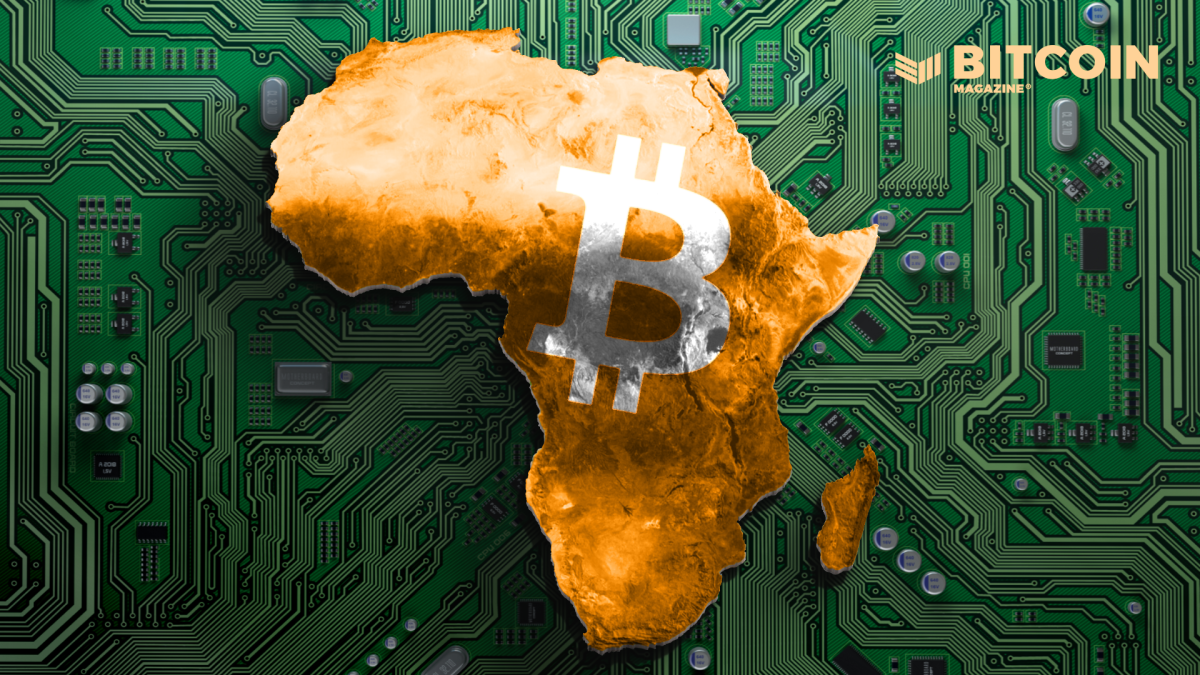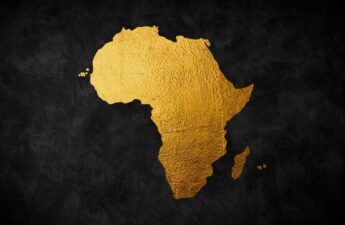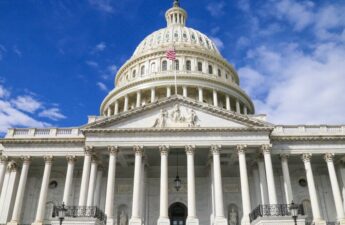The Central African Republic is developing a legal framework enabling the economic use of cryptocurrencies like bitcoin. The Finance Minister explained they will not be replicating El Salvadoran legislation that made bitcoin legal tender.Infrastructure development will be required to achieve wide-spread economic use of cryptocurrencies.
The Central African Republic has launched the creation of a legal framework that will allow the use of cryptocurrencies like bitcoin to be openly used within the economy, according to a report from Bloomberg.
Finance Minister Herve Ndoba reportedly stated lawmakers have adopted proposals including the creation of a regulatory body to maintain oversight of cryptocurrencies. Ndoba continued to explain that the focus of the legislation is to integrate the use of cryptocurrencies in the economy, during a phone interview from Washington D.C.
“There’s a common narrative that sub-Saharan African countries are often one step behind when it comes to adapting to new technology,” Ndoba said. “This time, we can actually say that our country is one step ahead.”
Ndoba reportedly noted that the legislation being presented does not mirror the El Salvadoran proposals which allowed the nation-state to become the first to adopt bitcoin as legal tender.
The report explains the Central African Republic holds gold and diamond reserves, yet remains one of the poorest countries in the world. The country’s presidential elections of 2020 were preceded with years of violent conflict and political crises, leading to a severe economic impact that damaged relations with international partners which ultimately caused delays in the reception of vital aid.
As the legal framework for the economic use of cryptocurrencies like bitcoin develops, the Central African Republic will likely pursue internet infrastructure development as well. Because the internet penetration of the Central African Republic is reportedly around only 11.4% of the population.
This statistic represents a little over 557,000 internet users and a total population of 4.87 million. However, the mobile connections available at the time of reporting was over 30.7% of the population, though many people have more than one mobile connection which skews the statistics.



